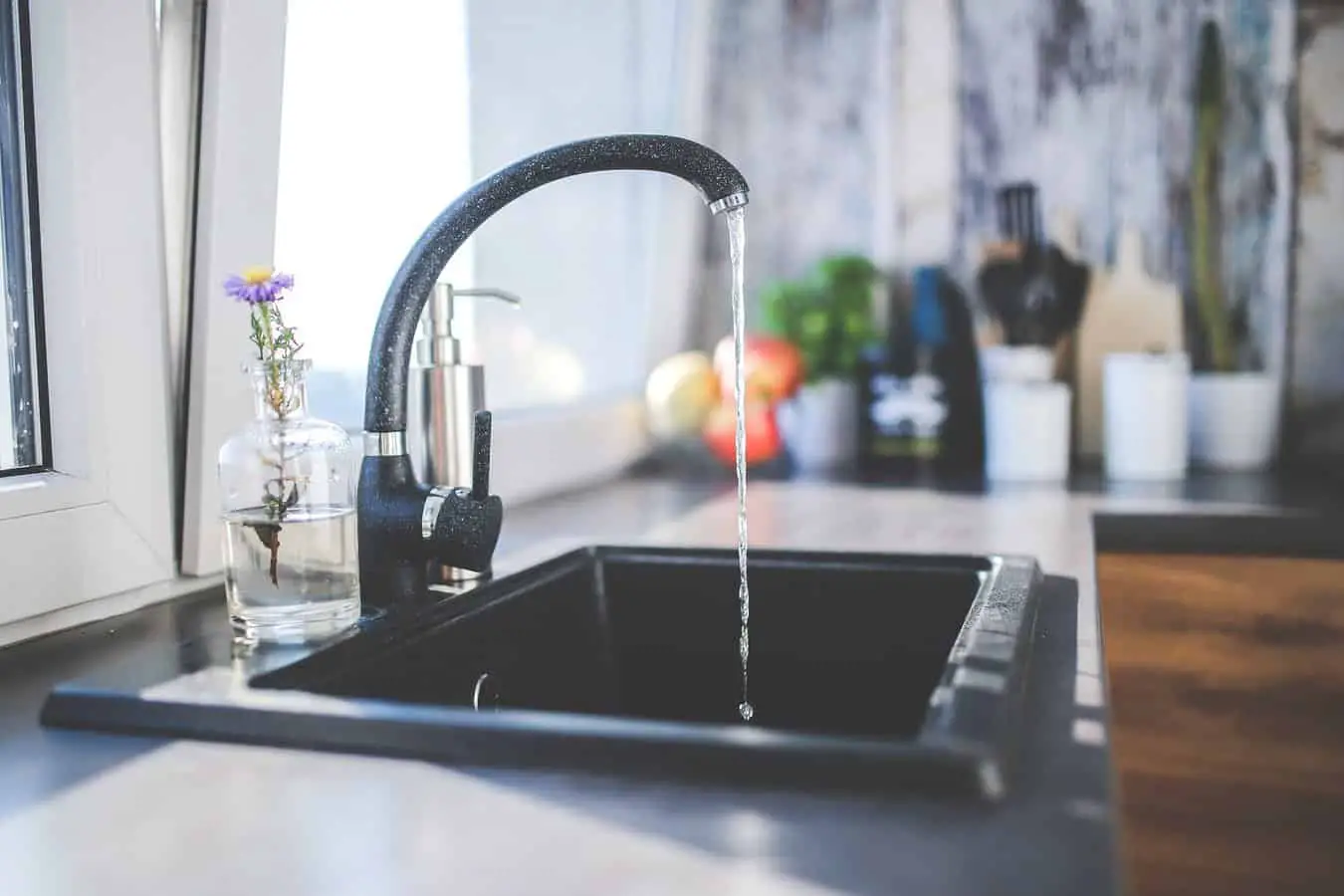Camping trips are a perfect way to escape the daily grind and enjoy the great outdoors. But there’s one issue that can put a damper on the entire experience – when the water in your camper smells. In this blog post, we will explore the root causes of smelly camper water and provide practical solutions to help you get rid of the odor for good.
1. Introduction to Camper Water Systems
Before diving into the causes and solutions for smelly camper water, let’s get a quick understanding of how camper water systems work. Most campers have two water tanks:
- Freshwater tank: This tank stores clean water for drinking, cooking, and washing.
- Gray water tank: This tank collects used water from sinks and showers.
The freshwater and gray water tanks are connected through a network of pipes, valves, and hoses that make up your camper’s water system.
Take a look at our article on: Why Is My Camper Leaking Water Underneath?
2. Common Causes of Smelly Camper Water
Now that we understand the basics of camper water systems let’s explore the common causes behind smelly camper water:
- Bacteria and microorganisms: Over time, bacteria and microorganisms can grow in your water system, leading to foul odors. This is especially true if your camper has been sitting unused for an extended period.
- Stagnant water: Stagnant water in your freshwater tank can develop a musty, stale smell. This is a common issue when campers are left unused or water sits in the tank for too long.
- Sulfur: Sometimes, the water source you use to fill your freshwater tank can contain sulfur, which produces a rotten egg smell when mixed with water.
- Contaminated gray water tank: A leaking or poorly sealed gray water tank can cause odors to seep into your freshwater tank, leading to smelly water.
3. How to Prevent and Fix Smelly Camper Water
To address the root causes of smelly camper water, follow these simple steps:
- Sanitize your water system: Regularly sanitize your water system to kill bacteria and microorganisms. This involves flushing your water system with a bleach solution and rinsing it thoroughly.
- Keep your water fresh: To prevent stagnant water, avoid letting water sit in your tanks for extended periods. Drain and refill your freshwater tank regularly, especially before and after storage.
- Filter your water: Install a water filter in your camper’s water system to remove contaminants, including sulfur, from your water source.
- Maintain your gray water tank: Regularly clean and maintain your gray water tank (Amazon Link) to prevent cross-contamination. This includes using tank treatments, ensuring proper seals, and checking for leaks.
- Water Heater Anode Rods: The anode rod in your camper’s water heater plays a crucial role in preventing corrosion. However, it can also be a source of foul odors in your water supply.
- Water supply quality: The quality of the water you use to fill your camper’s tanks can directly affect the smell of your water. Poor-quality water supplies can introduce contaminants and odors into your camper’s water system.
- Plumbing issues: Leaks, clogs, or other plumbing problems within your camper’s water system can lead to foul odors. Regular inspection and maintenance of your camper’s plumbing can help prevent these issues.
- Check and replace your anode rod: Inspect your water heater’s anode rod (Amazon Link) regularly for signs of wear or corrosion. Replace the rod as needed to prevent foul odors caused by the breakdown of the anode rod material.
- Use high-quality water sources: Whenever possible, fill your camper’s water tanks with water from reputable sources. Avoid using water from untested wells or sources with known contamination issues.
- Inspect and maintain your plumbing: Regularly inspect your camper’s plumbing system for signs of leaks, clogs, or other issues. Address any problems promptly to prevent odors and maintain the overall health of your water system.
- Be cautious with chemicals: When using chemicals, such as cleaning products or water treatments, in your camper’s water system, follow the manufacturer’s instructions carefully. Avoid mixing different chemicals, as this can lead to unexpected reactions and unpleasant odors.
Conclusion
Smelly camper water can be a nuisance and put a damper on your camping experience. By understanding the root causes of the problem, such as bacteria, stagnant water, sulfur, and contaminated gray water tanks, you can take preventive measures and fix the issue effectively.
Remember to sanitize your water system, keep your water fresh, filter your water, and maintain your gray water tank. With these steps in place, you can ensure that your camper water remains fresh, clean, and odor-free, so you can enjoy your camping trips without any unpleasant surprises.
Now that you know how to tackle smelly camper water, you can confidently embark on your next adventure, knowing that your water supply will be fresh and clean throughout your journey.
Best of luck, and happy camping!
Check out our article on: How Much Bleach To Sanitize RV Water Tank?

